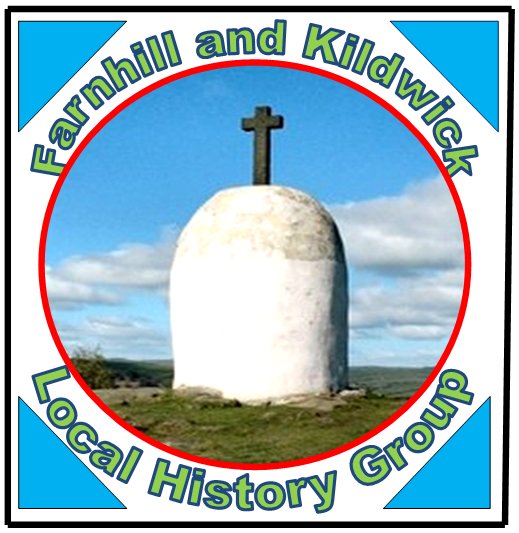|

100 Years Ago in Farnhill and Kildwick
The aim of this page is to provide a monthly summary of events in Farnhill and Kildwick 100 years ago, as reported in the local newspapers of the time: the Craven Herald, Keighley News, and West Yorkshire Pioneer.
We begin our diary in May 1914, three months before the start of WWI.
If you have any additional material please email the web administrator.
Note: The Farnhill and Kildwick History Group would like to thank
the staff at Skipton and Keighley libraries for their help with this project.
|

